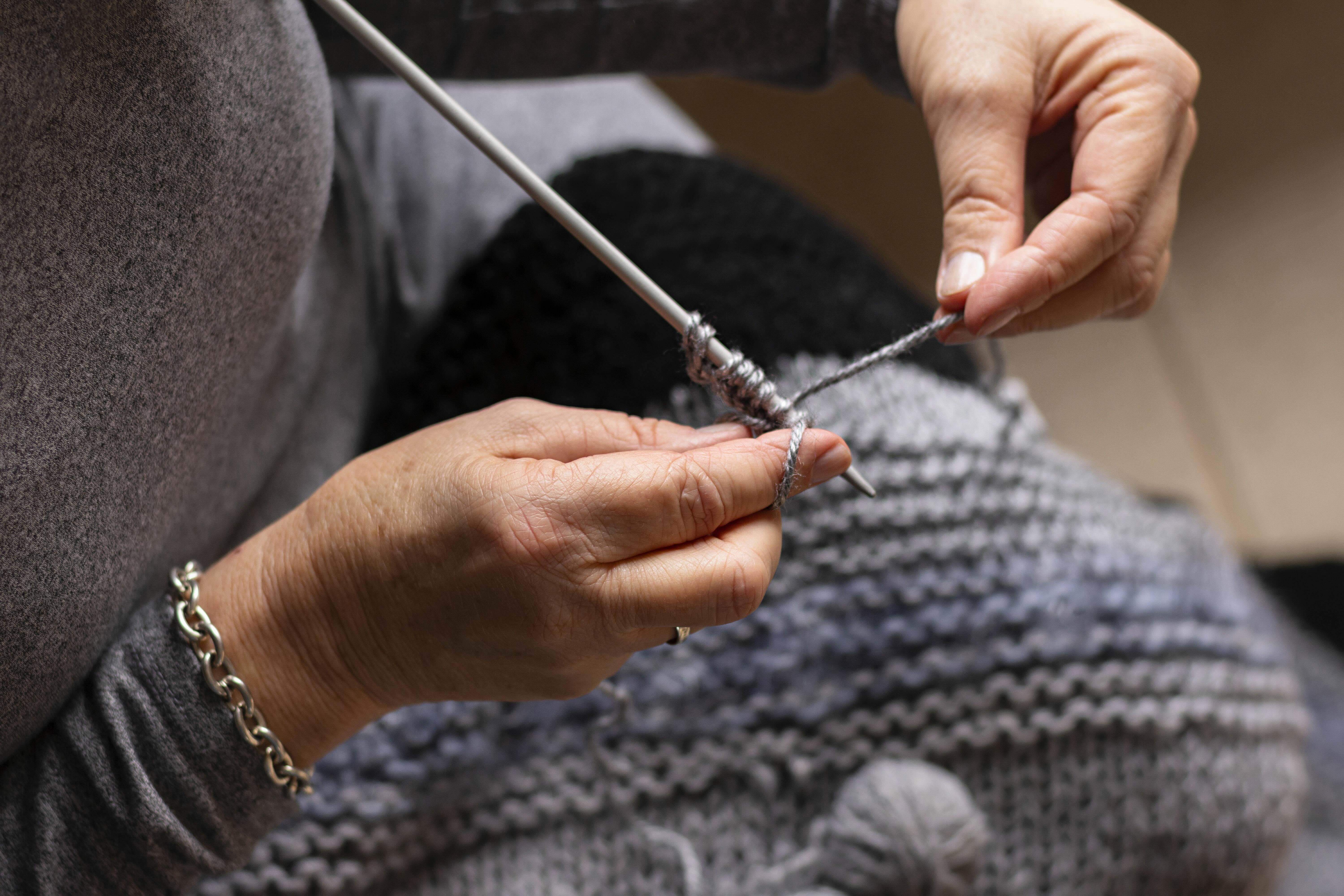Care Blog
Overcoming Food Aversions Commonly Caused by Chemotherapy Treatment

Keeping a healthy diet is especially critical for those undergoing chemotherapy or other types of cancer treatment, but one of the significant side effects stopping patients from eating well is an alteration in how food tastes. It’s important to alleviate this and other obstacles to healthy eating in an effort to preserve the strength needed for chemo treatments and increase protection against infections. Additionally, eating a well-balanced diet could help cancer patients cope with increasing dosages of some types of medicines.
When suffering from challenges with changes in taste that conflict with adhering to a recommended nutritional plan during the course of cancer treatment, the following cancer nutrition tips from All Care In-Home Care Solutions, a leading provider of home care in Medford and surrounding areas, can help:
- Try varying food temperatures. For some people going through cancer treatment, cold foods are more palatable. Cold foods generally create less aromas than hot foods, which may increase nausea.
- Try various seasonings. Marinades, herbs, and spices can make food more appealing. Several popular options include mint, garlic, rosemary, dill, lemon and basil.
- Focus on oral health. Taste buds may become irritated by chemotherapy, and bacteria quantities may become out of balance. Brushing the teeth with a soft toothbrush and gentle toothpaste a few times during each day, as well as visiting the dentist for additional suggestions, can help.
- Eat smaller portions. Smaller, more frequent meals are usually easier to digest. Be sure to include plenty of fluids, both during and between meals, as well.
- Try gum and mints. Sugar-free gum and mints, or other flavored hard candy, can help minimize the metallic or bitter tastes in the mouth that can manifest from chemotherapy treatments. They can also trigger the production of saliva to relieve a dry mouth.
- Enlist help from a dietitian. A professional dietitian who specializes in cancer nutrition can help with recommending food options specific to the individual’s particular difficulties. He or she can also recommend suitable vitamin supplements, high-nutrition liquid shakes, etc.
For more tips to overcome changes in taste or other side effects of chemotherapy, contact All Care In-Home Care Solutions. Our Medford home care services, available locally and in surrounding communities, can help those going through cancer treatment in a variety of ways, such as meal planning, shopping, and preparing healthy and delicious nutrition options. Our qualified staff also provide transportation to medical appointments and procedures, while serving as a comforting companion. Contact us at (541) 857-9195 to discover more about our professional in-home care services and to request a complimentary assessment in the comfort of home.
Share:
Call Us Today
Call us today to schedule a free in-home care assessment so we can help you understand how you or a loved one can have a safe and happy life at home.

Take the Quiz
Let us know what kind of help you might need, and we’ll be back in touch to customize a plan for you.
Take the Quiz
